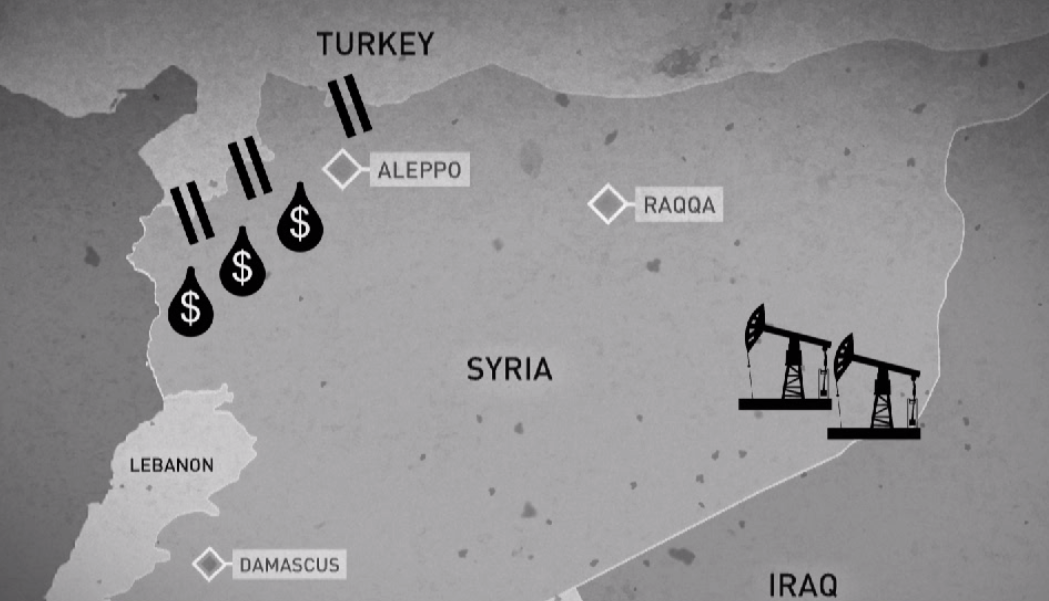
Turkey shot down Russian jet for allegedly violating its sovereignty for 17 seconds, violates Iraq's sovereignty by sending its troops to establish a permanent base
Saturday, December 05, 2015
No comments
Several hundred Turkish soldiers have been deployed to provide training for Iraqi troops in an area near the northern Iraqi city of Mosul, which is under Islamic State control, a Turkish security source told Reuters on Friday.
Islamic State militants overran Mosul, a city of more than one million people, in June 2014, but a much anticipated counter-offensive by Iraqi forces has been repeatedly postponed because they are involved in fighting elsewhere.
"Turkish soldiers have reached the Mosul Bashiqa region. They are there as part of routine training exercises. One battalion has crossed into the region," the source said, declining to say exactly how many soldiers had been deployed.
He said troops had already been in Iraqi Kurdistan and had moved to Mosul accompanied by armored vehicles, in a move which coalition countries targeting Islamic State were aware of.
Video released on the website of Turkey's pro-government Yeni Safak newspaper showed flatbed trucks carrying armored vehicles along a road at night, describing them as a convoy accompanying the Turkish troops to Bashiqa.
source



































